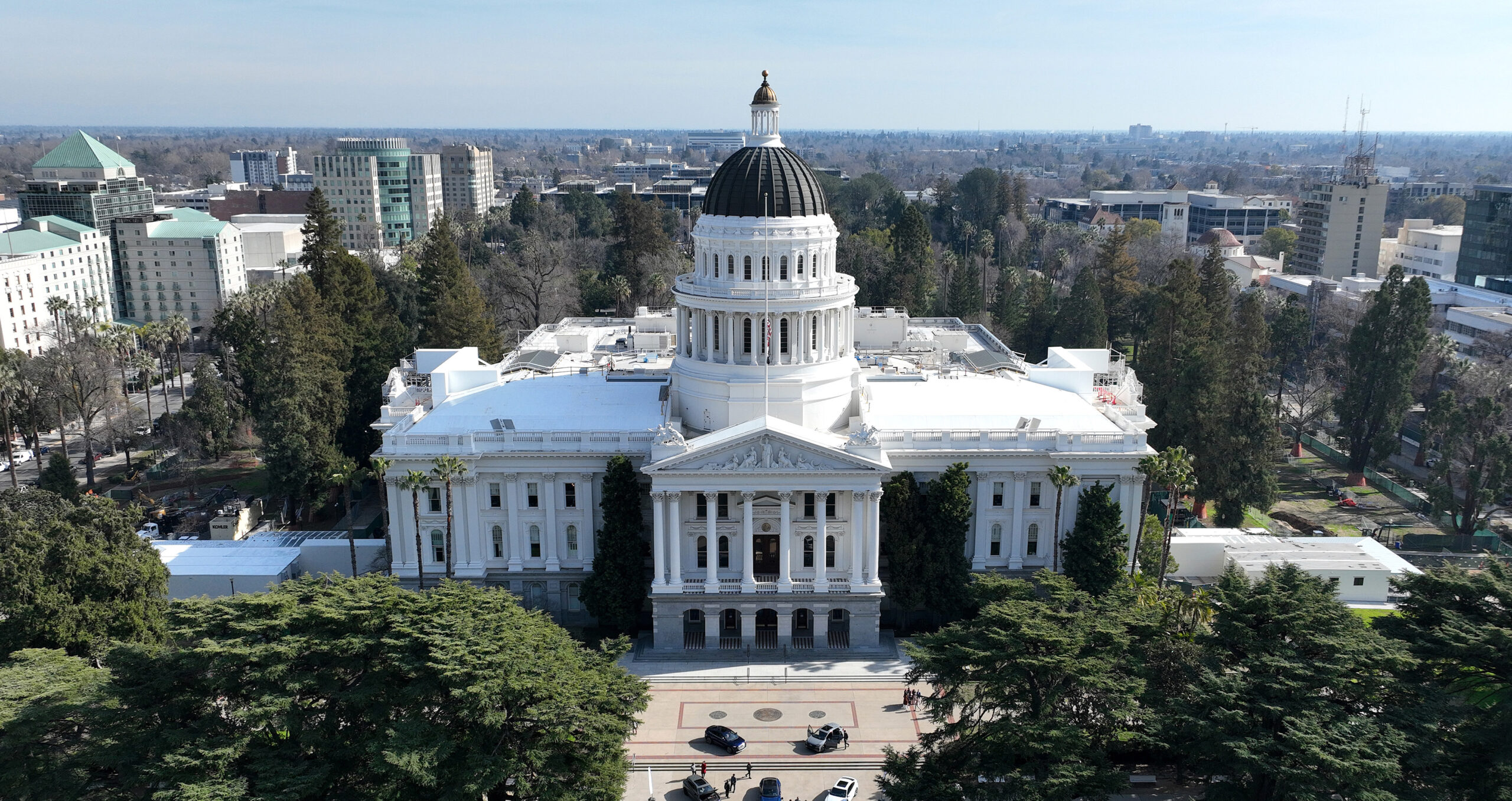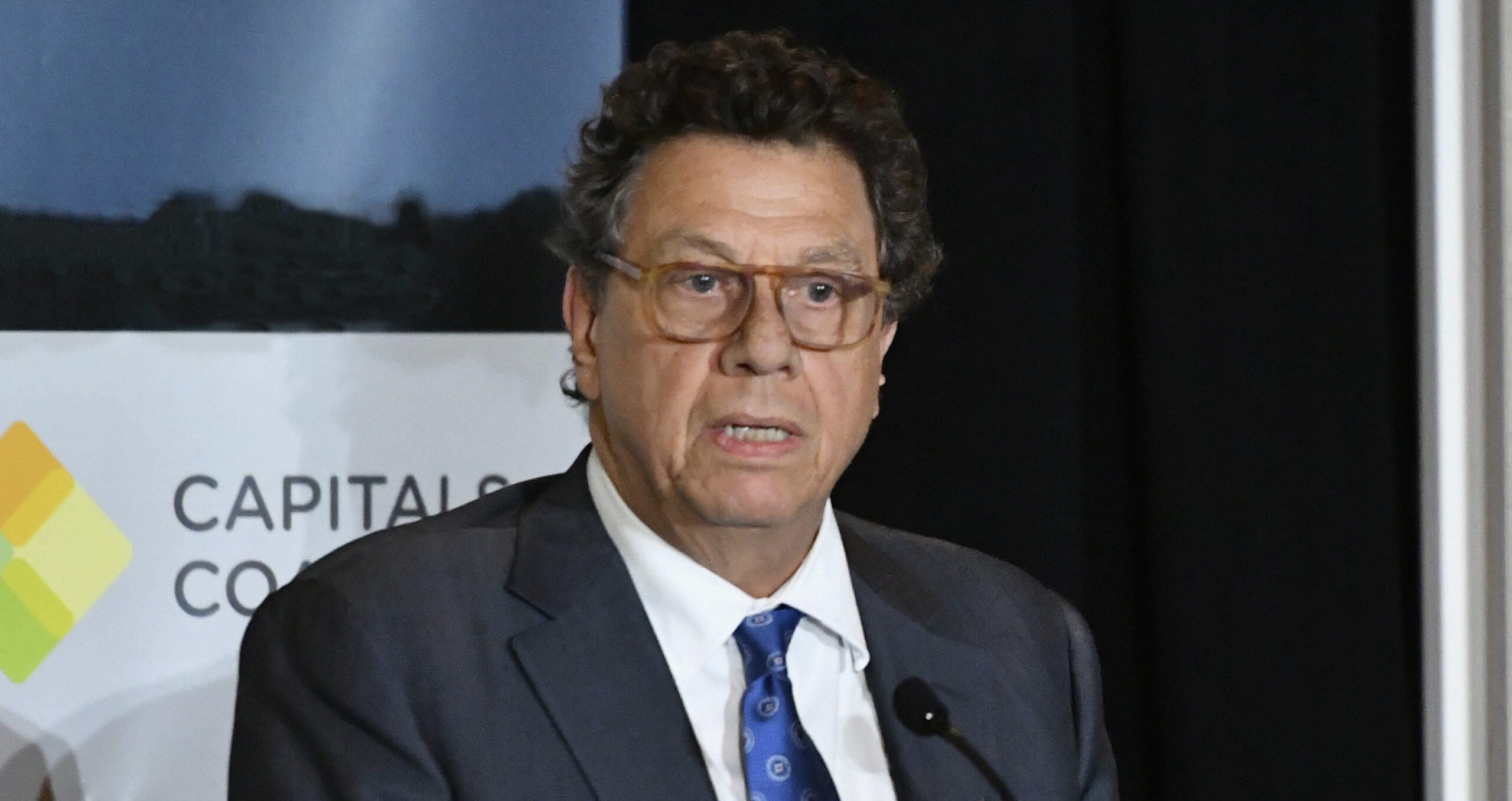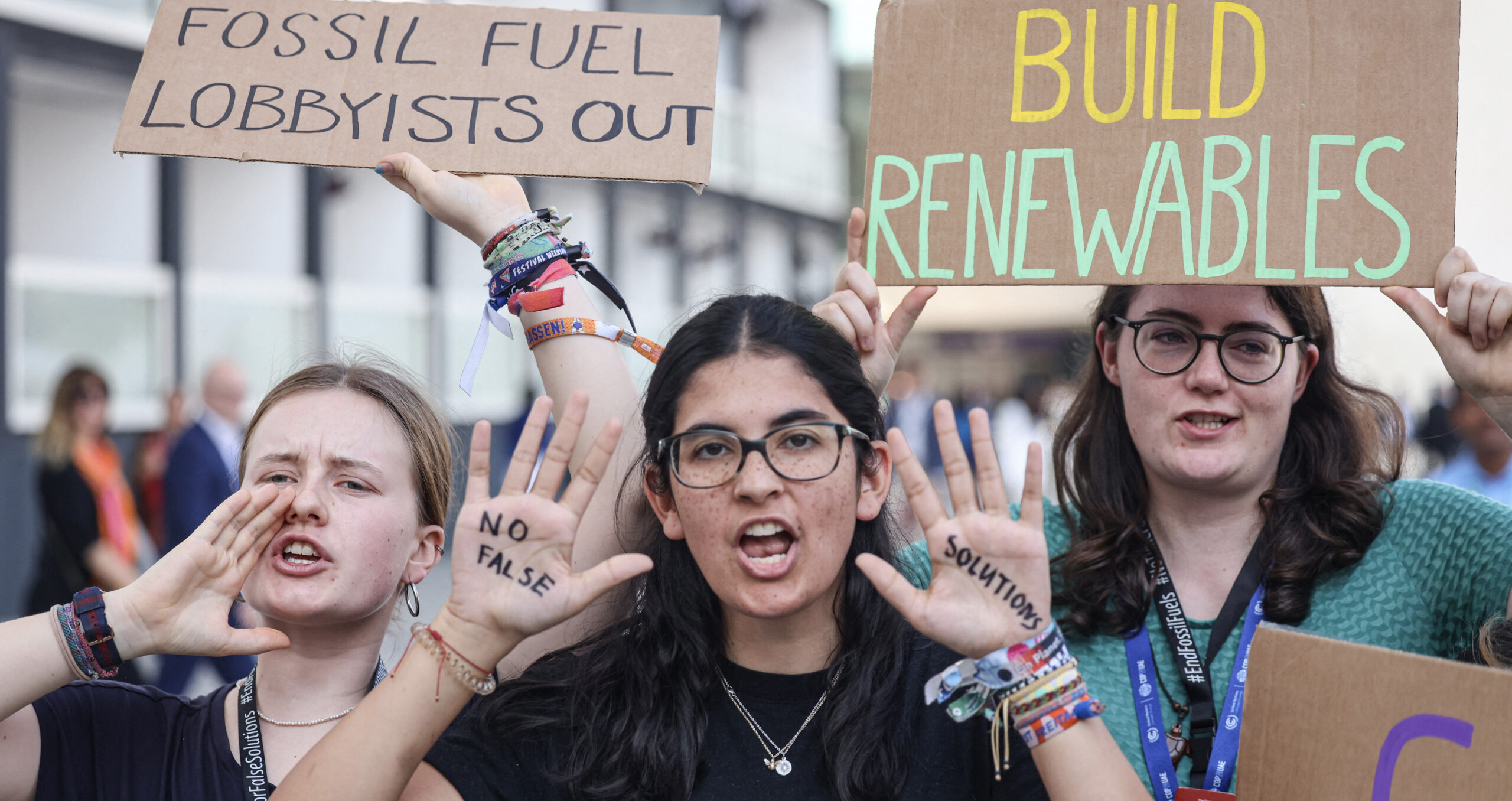
California disclosure bill should ‘stiffen the SEC’s resolve’, says state senator

California state senator Scott Wiener tells Sustainable Views that he expects other states – and the US Securities and Exchange Commission – to pick up the baton, following the anticipated approval of his landmark emissions disclosure bill
The passing through California’s state assembly of bill SB 253 – which will compel large companies active in the state to disclose their carbon emissions – will embolden the US Securities and Exchange Commission’s own efforts to improve companies’ climate disclosures, according to state senator Scott Wiener.
In an interview with Sustainable Views, Wiener – the author of the bill, also known as the California Climate Corporate Data Accountability Act – revealed that Washington state was also interested in pursuing similar legislation, and he urged other states to follow suit.
SB 253 will require companies operating in California that have annual revenues exceeding $1bn to disclose their Scope 1 and Scope 2 emissions from 2026, on a start date still to be confirmed. These businesses will have to release their Scope 3 emissions from 2027, with all emissions reported in accordance with the Greenhouse Gas Protocol, a widely used set of greenhouse gas accounting standards.
Last year, the bill failed to clear the state assembly by a single vote. This year, however, California governor Gavin Newsom has indicated that he will approve the bill after it was reintroduced and won the assembly’s backing.
The legislation had been subject to an opposition misinformation campaign akin to “hand-to-hand combat”, says Wiener, who hit out at the bill’s opponents and condemned the Republican Party’s “climate denial”.
Toughest disclosure requirements
When it enters into force, California’s climate act will impose the toughest corporate disclosure requirements in the US. Whereas pending SEC disclosure rules would only require emissions disclosures from listed companies, the bill covers both public and private businesses.
Additionally, while the SEC’s proposal asks for Scope 3 data only “if material or if the registrant has set a GHG emissions target or goal that includes Scope 3 emissions”, SB 253 mandates Scope 3 disclosures from all companies that fall within the scope of the legislation.
Speaking to reporters in Washington, SEC chair Gary Gensler said that the bill could change the “economic baseline” for the financial regulator as compliance costs related to its proposal would fall for the companies already captured by the California climate act, according to media outlet Politico.
“I want the SEC to succeed in its rule-making,” says Wiener. “I hope that the passage of SB 253, and the governor’s indication that he’ll sign it, really stiffens the SEC’s resolve to pass not just any rule, but a strong rule and not water down Scope 3.”
He believes other states will follow California. “It’d be great for them to be as consistent with SB 253 as possible. If we were able to get a strong, comprehensive [and] impactful federal law, that would be ideal – but I don’t know that that’s going to happen.”
A similar bill was recently tabled in New York but not passed, though Wiener thinks that it will also be reintroduced. He adds that at the recent Climate Week summit in New York, he “was with a state senator from Washington state who indicated that they were likely to pursue it there”.
Strong opposition
The climate bill was conceived in autumn 2020 when Californian non-profit Carbon Accountable met Wiener to discuss applying disclosure requirements to all large businesses doing business in California.
The senator introduced the legislation in January 2021 and started building a coalition of environmental advocates in support of the idea. Over time, the bill also received business support but then failed to pass the state assembly.
When Wiener reintroduced SB 253 in 2023, his team worked heavily to drum up business support, eventually receiving the backing of technology giants Apple, Google and Salesforce.
However, the bill still faced stiff opposition, led by the Californian Chamber of Commerce, as well as oil companies and banks. Their national counterparts, such as the National Petroleum Institute and the US Chamber of Commerce, all “put together a big business coalition” against SB 253, Wiener says.
The bill’s authors had been open to objections, he adds, accepting a concern that requiring precise Scope 3 data from suppliers and customers around the world would be onerous and potentially impossible. A previous version of SB 253 was amended a year and a half ago to allow for the use of secondary data, in an attempt to address this concern.
“After we made that amendment, [the Chamber of Commerce and its allies] continued for the next year and a half to say that we were requiring them to contact every microsupplier,” Wiener says.
“They told some members that if you were [for example] a grill manufacturer you were going to have to call every single person who purchased a grill at Target or Walmart and ask them how often they’re using the grill,” he adds. The Californian Chamber of Commerce told Sustainable Views that none of its policy team that engaged with Wiener over the bill had used this analogy.
Conversely, he applauds the role that companies played in delivering the bill. While the banking community as a whole opposed it, banks such as Amalgamated Banking had openly backed the bill, while some investors had expressed support privately and “were helping behind the scenes”, Wiener says.
“More and more corporations really do understand that they have a role to play in terms of saving the planet from climate change. Particularly as Republicans viciously attack sustainability practices by corporations and decarbonisation,” he says. “It’s really great that so many corporations nevertheless continue to move in this direction, because they get it.”
Republican opposition
Wiener is scathing about Republican efforts to stifle companies’ engagement with climate change.
“It’s stiffening our resolve,” he says. “It makes me and others more determined to counterbalance this neanderthal climate denial, science denial approach by [many] Republicans. California needs to go strongly in the other direction and make clear that we believe in science, we believe that humans are causing climate change and that we need to do something about it.”
In a Fox News interview in May, Florida governor Ron DeSantis denied the link between climate change and Hurricane Ian. “This is something that is a fact of life in the Sunshine state. I’ve always rejected the politicisation of the weather,” he said.
When asked about climate change and the Canadian wildfires’ smoke that enveloped US cities in June, Oklahoma Republican senator Markwayne Mullin reportedly said that “it’s totally unrelated. It’s smoke from a forest fire that’s, by the way, a natural forest fire.”
Wiener cites DeSantis’s feud with Disney over its opposition to the state’s so-called ‘Don’t Say Gay’ law, which limited conversations at schools about sexual orientation and gender identity. The state government removed special tax status granted to Disney because of its position on the legislation.
Wiener also warns of the environmental consequences of Republican success next year, when Americans will vote on the US presidency and Congress.
“If the Republicans win back the White House – and particularly if they win back the Senate – it would be a disaster for climate action.”
Similar Articles

‘No leakage’ structure to strengthen carbon markets, says Costa Rica’s environment minister

Youth on COP28: few women but an ‘overwhelming number of fossil fuel lobbyists’


